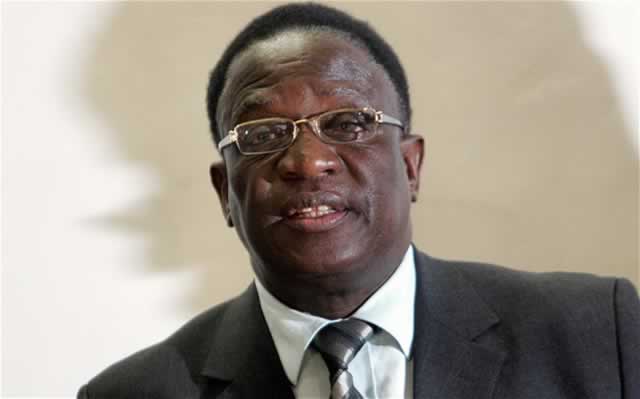Fib law struck off statutes

Daniel Nemukuyu Senior Court Reporter
The Constitutional Court yesterday removed from the statutes Section 31 (a) (iii) of the Criminal Law Codification Reform Act, which criminalises the publication of false statements undermining public confidence in the uniformed forces.
The section reads: “Any person who, whether inside or outside Zimbabwe — publishes or communicates to any other person a statement which is wholly or materially false with the intention or realising that there is a real risk or possibility of undermining public confidence in a law enforcement agency, the Prison Service or the Defence Forces of Zimbabwe . . ., be guilty of publishing or communicating a false statement prejudicial to the State and liable to a fine up to or exceeding level fourteen or imprisonment for a period not exceeding twenty years or both”.
Deputy Chief Justice Luke Malaba made the ruling in the case in which Alpha Media Holdings editor-in-chief Vincent Kahiya and former staffer Constantine Chimakure were challenging their arrest and prosecution on the offence.
“It is the order of the court that Section 31 (a) (iii) of the Criminal Law (Codification and Reform) Act Chapter 9:23 was in contravention of Section 20(1) of the former Constitution and therefore void,” he said.
“The respondent (Attorney-General of Zimbabwe) is to pay the costs of the main application as well as the costs relating to the confirmation of this rule nisi.”
Chief Justice Godfrey Chidyausiku and Justices Vernanda Ziyambi and Elizabeth Gwaunza agreed with the judgement.
The court held that the law was not reasonably justifiable in a democratic society.
In October last year, the court held that the law was in violation of the people’s rights to freedom of expression as enshrined in the Constitution.
The Constitutional Court observed that the section had the effect of breaching people’s rights and invited Justice Legal and Parliamentary Affairs Minister Emmerson Mnangagwa to justify its existence within a month’s time if he so wished.
The ruling by the Constitutional Court yesterday followed an appeal by Chimakure and Kahiya who had been charged under the Criminal Code’s Section 31 for allegedly publishing or communicating a false statement prejudicial to the State.
The two journalists were charged after they published a story titled “Activists’ abductors named,” where in the story senior police officials were identified as having abducted MDC-T activists and Zimbabwe Peace Project director Jestina Mukoko in 2009.
Minister Mnangagwa argued that the court erred in ruling in favour of the journalists.
He argued that the court failed to properly assess the proportionality of Section 31 of the Code, which criminalised publishing or communicating false statements prejudicial to the State.
“This honourable court failed to adopt a proper approach in trying to assess the proportionality of Section 31 of the Code to Section 20(1) of the Constitution of Zimbabwe, thereby wrongly making a finding that the impugned provision is overboard,” said Minister Mnangagwa.
“While the court was attempting to satisfy the test known in deciding whether or not a law is reasonably justifiable in a democratic society, the study of essential elements of the offences with a view to assess its breadth led the court to omit the first fundamental criteria before adopting the proportionality test.”
Meanwhile, the Constitutional Court recently ruled again in favour of journalists when it held that criminal defamation was in breach of the Constitutional.
Minister Mnangagwa is yet to respond on the criminal defamation case in court as the court did not issue a timeframe in which he can respond.








Comments